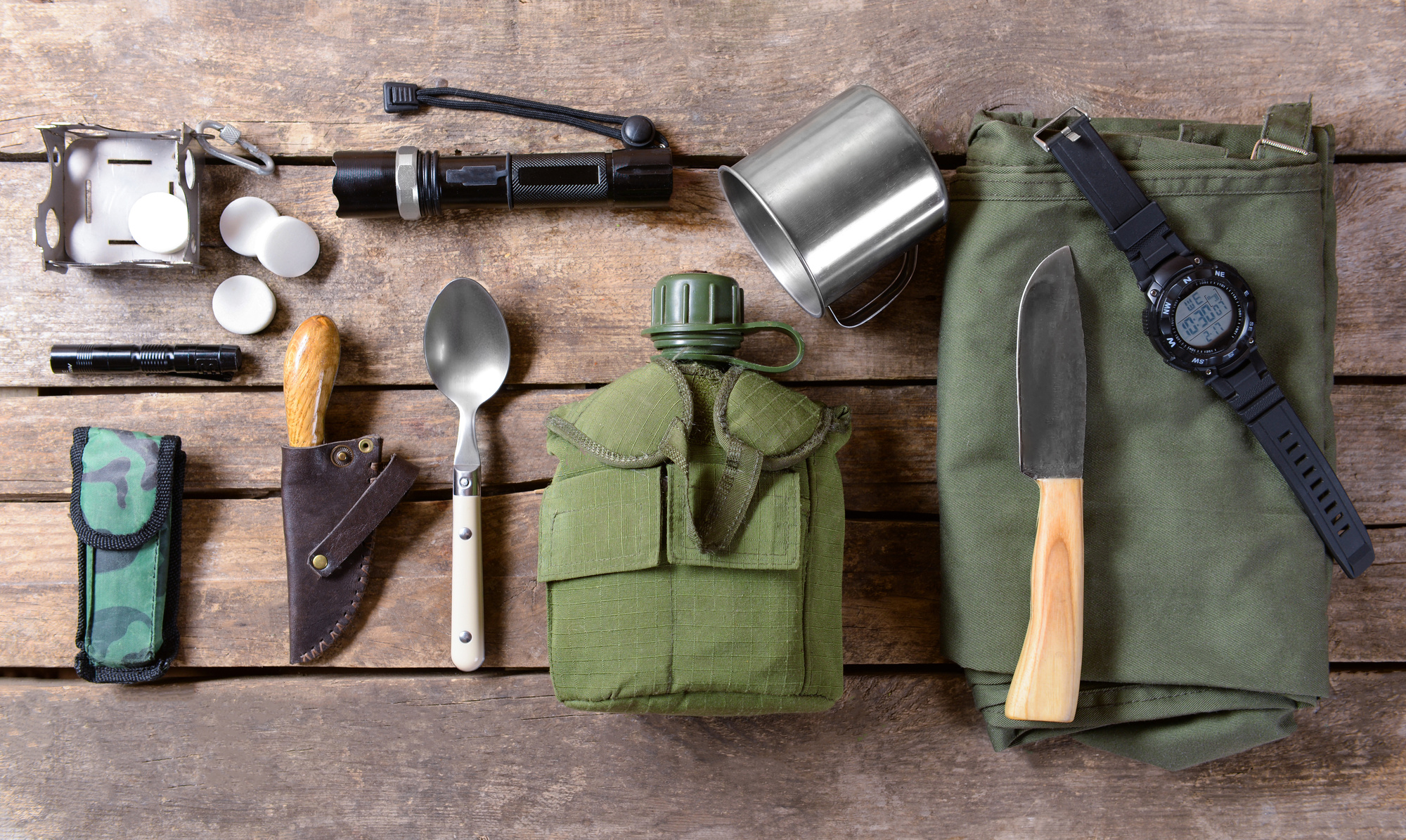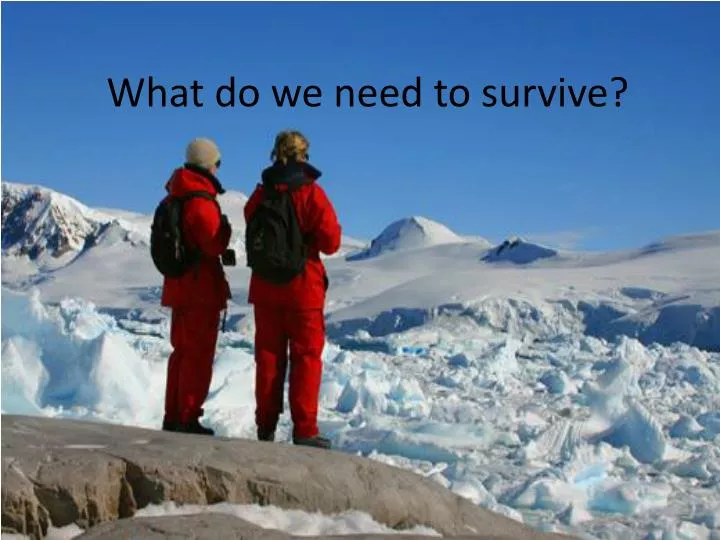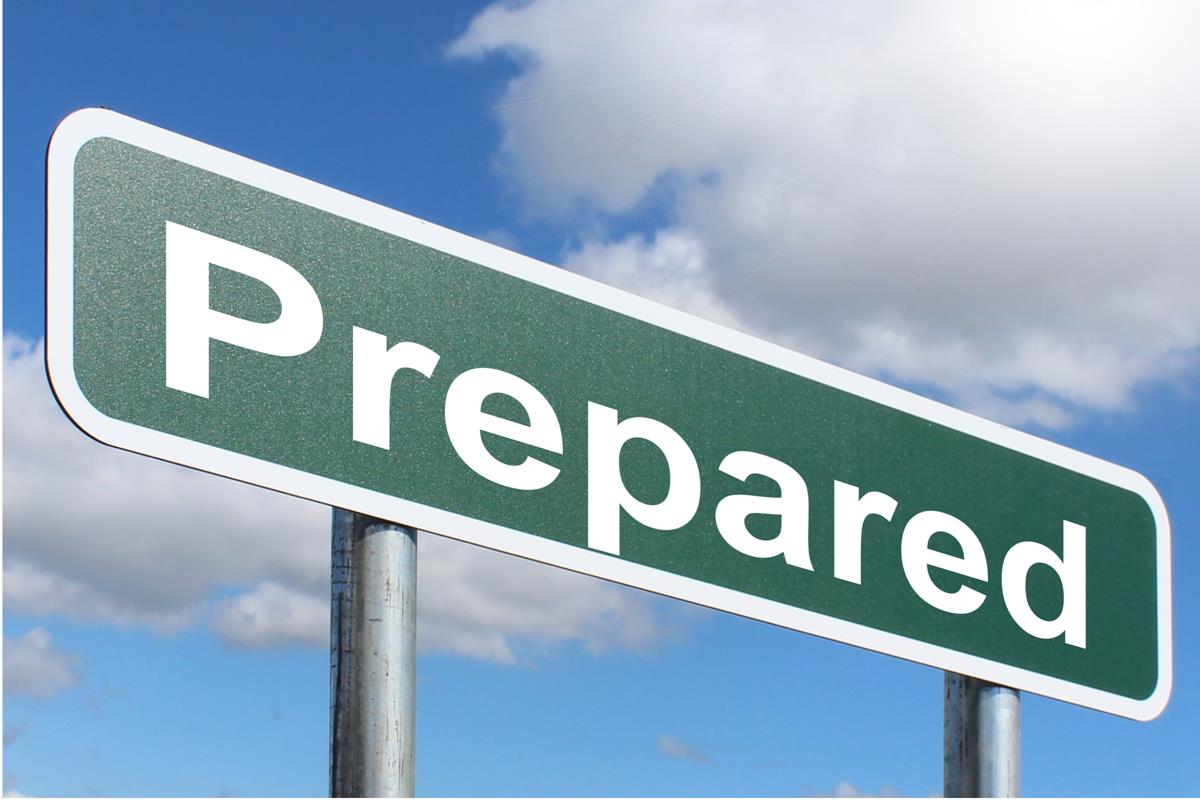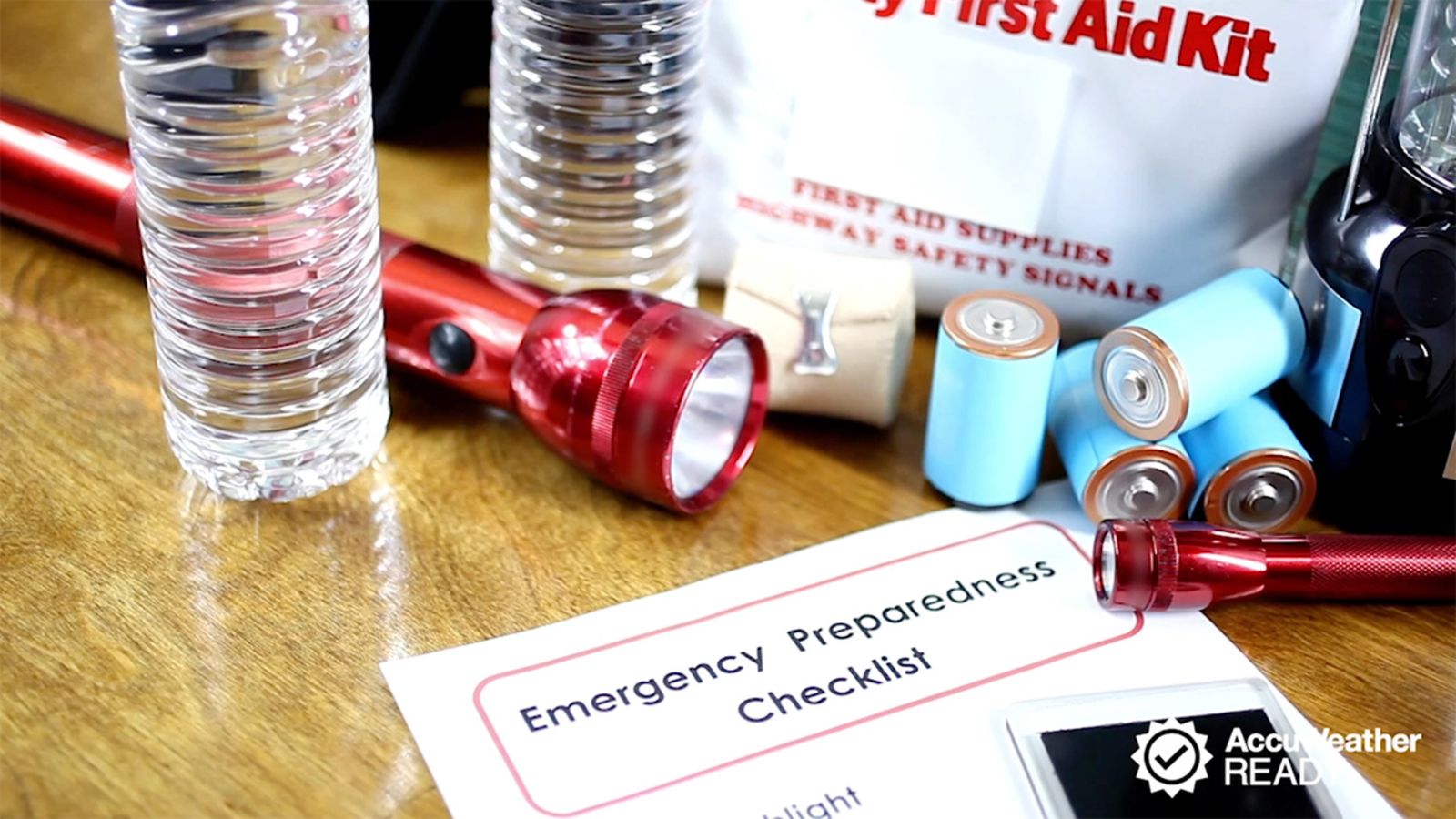For the purpose of survival, certain fundamental elements are essential for human life. These elements include:

1. Water:

- Water comprises over 60% of the human body, making it vital for survival.
- It plays a crucial role in various bodily functions, including hydration, nutrient absorption, and waste removal.
- The average person needs to consume around 2-3 liters of water per day, depending on factors like climate, activity level, and overall health.
2. Oxygen:

- Oxygen is essential for cellular respiration, the process by which cells convert food into energy.
- It is also necessary for maintaining a healthy immune system and preventing infections.
- Humans breathe in oxygen from the air and exhale carbon dioxide as a waste product.
3. Food:
- Food provides the body with energy, nutrients, and building blocks for growth and repair.
- A balanced diet should include carbohydrates for energy, proteins for building and repairing tissues, and fats for insulation and energy storage.
- It should also contain vitamins and minerals, which are essential for various bodily functions.
4. Shelter:
- Shelter provides protection from the elements, including extreme temperatures, rain, wind, and sunlight.
- It also offers a secure place for sleeping, storing food and supplies, and performing essential activities.
5. Clothing:
- Clothing helps regulate body temperature, protecting against heat loss or gain.
- It also serves as a barrier against environmental hazards, such as insects, thorns, and sharp objects.
6. Sleep:
- Sleep is crucial for physical and mental health.
- It allows the body to rest and repair itself, while also consolidating memories and regulating hormones.
- Most adults need around 7-8 hours of sleep per night.
7. Social Interaction:
- Humans are social creatures, and interaction with others is important for emotional and mental well-being.
- Social connections can provide support, reduce stress, and enhance overall happiness.
8. Security:
- Feeling safe and secure is essential for survival.
- This includes having access to reliable shelter, food, and water, as well as protection from threats such as violence, crime, and natural disasters.
9. Purpose:
- Having a sense of purpose or meaning in life can contribute to overall well-being and survival.
- This can come from work, relationships, hobbies, or personal goals that provide direction and motivation.
10. Hope:
- Hope is a powerful force that can sustain individuals during difficult times.
- It can provide the motivation to keep going, even when faced with challenges or setbacks.
It’s important to note that the specific needs for survival may vary depending on the individual and the situation. For example, a person living in a harsh environment might require more shelter and clothing than someone living in a mild climate. Additionally, access to resources and social support can greatly influence a person’s ability to survive challenging circumstances.










